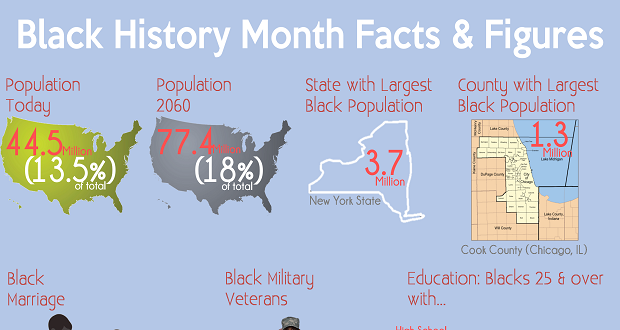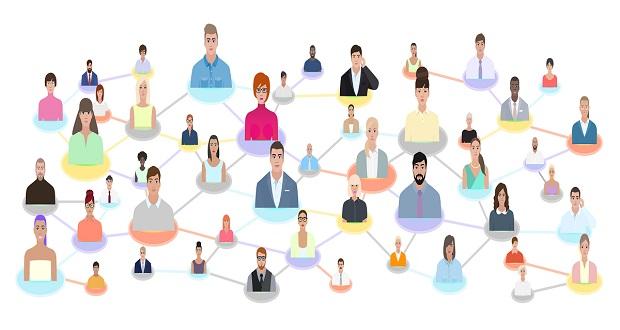
I’ll always remember a conversation I had during my senior year of college with a friend who had already crossed over to a place I had only heard about: “adulthood”. I called him, eager to hear about his job, his current ambitions, and the liberating glamour of post-grad life in general. He sounded weary. “I hate my job. But everyone else does too. It’s just how it is.” I followed with question after question. Just a year ago, we had lived in the same reality – one filled with all-nighters, instant ramen dinners, and the constant contemplation of our futures. In that reality, we had spoken extensively about his passions. What happened? As graduation approached with the looming promise of uncertainty, my friend’s resignation haunted me. Would post-grad life really be so bad?
Now, nearly two years out of college, I laugh at the memory of this conversation. I am more understanding of my friend as I witness nearly all of my young twenty something year old peers (and myself) begin to grapple with the question of finding purpose in our careers and, dare I say, our lives. The quarter life crisis went from being a punchline to something we have all admitted to having privately Googled in hopes that maybe the Internet would have some answers. What meaning are we searching for and why does it rely so heavily on our professional choices? A French exchange student once said to me, “You Americans are so obsessed with working.”
Millennials get a lot of criticism. We are called entitled, lazy, and apparently, we cannot afford homes because of our affinity for avocado toast. I stubbornly hold onto the belief that our generation should not be defined in that way. Sure, many of us grew up being told we were special and capable of achieving anything we dreamed. Sure, that potentially flawed psyche is causing somewhat of a rude awakening to the banalities of day-to-day adult life. And sure, we’re less trusting of our institutions and anxious about job stability after coming of age at the tail end of the 2008 economic crisis.
Despite all of this, what I find so beautiful about the millennial generation is that we care. We care a whole lot about what it means to be treated fairly and the issues that have long been systematically ignored. We care, and we are running out of patience for inaction.
What I find so beautiful about the millennial generation is that we care. We care a whole lot about what it means to be treated fairly and the issues that have long been systematically ignored. We care, and we are running out of… Share on XThere is seemingly a growing disconnect between millennials and millennial employers, particularly in the corporate world. According to the Deloitte 2018 Millennial Survey, “This year’s survey shows a dramatic, negative shift in millennials’ feelings about business’ motivations and ethics. Respondents are disappointed that business leaders’ priorities don’t seem to align with their own.”
However, we are still hopeful. The same survey states that 3/4 of young workers see multinational corporations as having the potential to help solve society’s economic, environmental and social challenges. Millennials are urging and, in some cases, demanding that leaders “take the lead in solving the world’s problems, to shift organizations’ motives from inordinately focusing on making profit to balancing social concerns, and to be more diverse, flexible, nurturing of and generous with its employees.”
In a time where millennials are increasingly questioning traditional careers and where traditional employers are facing challenges retaining millennial talent, there exists an opportunity for employers to listen and follow millennials’ lead as they look to face not only challenges of the company or organization they lead, but also the challenges of an ever-changing, more polarizing world.
Are millennials ok? It might be time for us to listen... #GenY #DEI Share on X

















